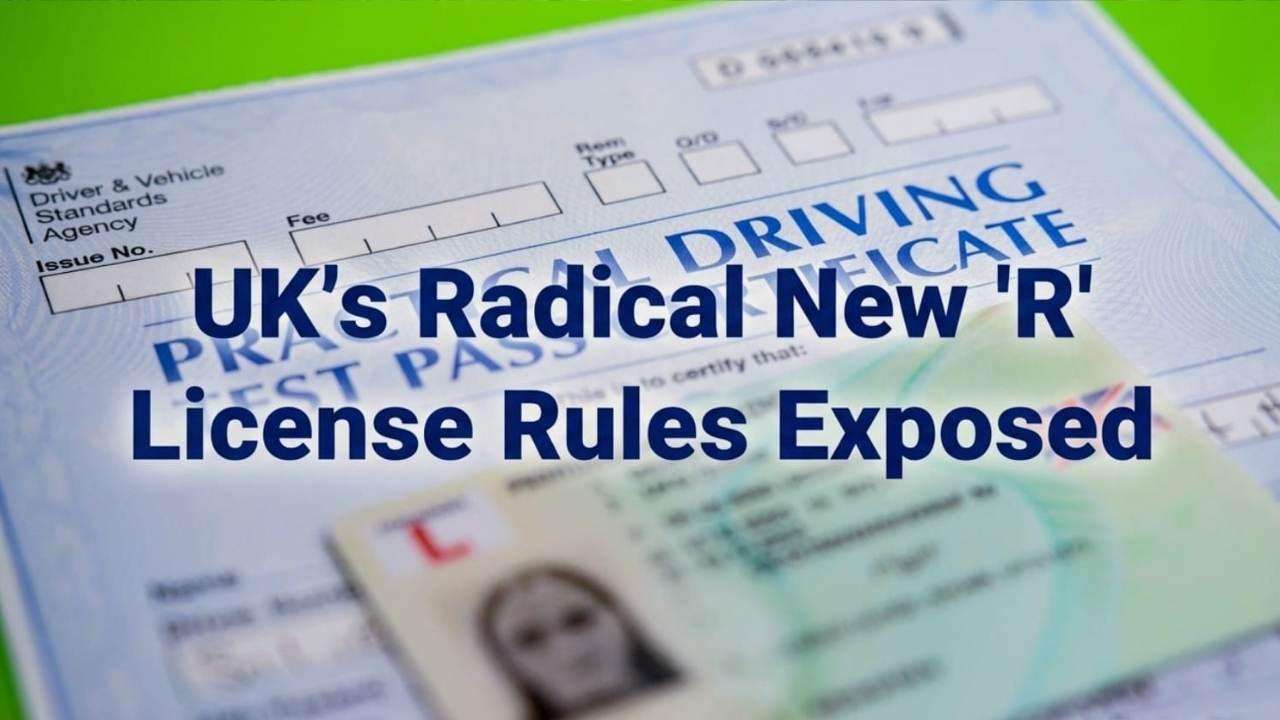
In order to assist pay for the significant increase in public sector wages promised by Rishi Sunak, foreigners who temporarily relocate to the UK would have to pay an additional £400 per year toward health services.
The Prime Minister said that his decision to give a million public sector workers between 5 and 7 per cent pay increases would not be funded by borrowing or raising taxes, as it would fuel inflation.
Instead, Mr Sunak said a combination of higher fees for foreigners hoping to move to the UK and squeezes in existing government department budgets would cover the cost of pay rises for teachers, junior doctors, consultants, dentists, police and prison officers, senior civil servants and military personnel.
Mr Sunak declined to specify where those savings would be found in budgets.
Around £1 billion of the £2 billion extra funding needed to cover the pay rises this year will come from increasing two fees paid by foreigners when they move to the UK.
One is known as the “immigration health surcharge”. Most foreigners hoping to temporarily live in the UK for more than six months have to pay an annual fee to fund the NHS.
That figure has been £624 per year, but it will now rise to £1,035 a year – a 66 per cent jump. For foreign students living in the UK, the surcharge will rise from £470 to £776.
Secondly, there will be increases in foreign visa fees.
More than £1bn raised
Mr Sunak explained his approach when answering questions at a press conference about the pay deal in Downing Street.
“What we have done are two things to find this money,” he said.
“The first is we’re going to increase the charges that we have for migrants who are coming to this country when they apply for visas.
“And indeed, something called the immigration health surcharge, which is the levy that they pay to access the NHS.
“So all of those fees are going to go up and that will raise over £1 billion.”
The decision allows the money to be raised from people not currently living in the UK. It could also deter some foreigners from applying to move to the UK, given the steep increase in fees.
However, even with the funds raised from the changes, significant savings on departmental budgets will have to be found elsewhere to fund the public sector pay rise.
A further £1 billion needs to be found this year, beyond the fee changes, and a further £2 billion next year, according to internal Downing Street estimates.
No detailed breakdown of where that money is coming from was published by the Government.
Sources in different departments did give an indication. Some stressed that much of the money would be found from “underspends”, which are funds that did not get used up for various reasons.
 In order to assist pay for the significant increase in public sector wages promised by Rishi Sunak, foreigners who temporarily relocate to the UK would have to pay an additional £400 per year toward health services.
The Prime Minister said that his decision to give a million public sector workers between 5 and 7 per cent pay increases would not be funded by borrowing or raising taxes, as it would fuel inflation.
Instead, Mr Sunak said a combination of higher fees for foreigners hoping to move to the UK and squeezes in existing government department budgets would cover the cost of pay rises for teachers, junior doctors, consultants, dentists, police and prison officers, senior civil servants and military personnel.
Mr Sunak declined to specify where those savings would be found in budgets.
Around £1 billion of the £2 billion extra funding needed to cover the pay rises this year will come from increasing two fees paid by foreigners when they move to the UK.
One is known as the “immigration health surcharge”. Most foreigners hoping to temporarily live in the UK for more than six months have to pay an annual fee to fund the NHS.
That figure has been £624 per year, but it will now rise to £1,035 a year – a 66 per cent jump. For foreign students living in the UK, the surcharge will rise from £470 to £776.
Secondly, there will be increases in foreign visa fees.
More than £1bn raised
Mr Sunak explained his approach when answering questions at a press conference about the pay deal in Downing Street.
“What we have done are two things to find this money,” he said.
“The first is we’re going to increase the charges that we have for migrants who are coming to this country when they apply for visas.
“And indeed, something called the immigration health surcharge, which is the levy that they pay to access the NHS.
“So all of those fees are going to go up and that will raise over £1 billion.”
The decision allows the money to be raised from people not currently living in the UK. It could also deter some foreigners from applying to move to the UK, given the steep increase in fees.
However, even with the funds raised from the changes, significant savings on departmental budgets will have to be found elsewhere to fund the public sector pay rise.
A further £1 billion needs to be found this year, beyond the fee changes, and a further £2 billion next year, according to internal Downing Street estimates.
No detailed breakdown of where that money is coming from was published by the Government.
Sources in different departments did give an indication. Some stressed that much of the money would be found from “underspends”, which are funds that did not get used up for various reasons.
In order to assist pay for the significant increase in public sector wages promised by Rishi Sunak, foreigners who temporarily relocate to the UK would have to pay an additional £400 per year toward health services.
The Prime Minister said that his decision to give a million public sector workers between 5 and 7 per cent pay increases would not be funded by borrowing or raising taxes, as it would fuel inflation.
Instead, Mr Sunak said a combination of higher fees for foreigners hoping to move to the UK and squeezes in existing government department budgets would cover the cost of pay rises for teachers, junior doctors, consultants, dentists, police and prison officers, senior civil servants and military personnel.
Mr Sunak declined to specify where those savings would be found in budgets.
Around £1 billion of the £2 billion extra funding needed to cover the pay rises this year will come from increasing two fees paid by foreigners when they move to the UK.
One is known as the “immigration health surcharge”. Most foreigners hoping to temporarily live in the UK for more than six months have to pay an annual fee to fund the NHS.
That figure has been £624 per year, but it will now rise to £1,035 a year – a 66 per cent jump. For foreign students living in the UK, the surcharge will rise from £470 to £776.
Secondly, there will be increases in foreign visa fees.
More than £1bn raised
Mr Sunak explained his approach when answering questions at a press conference about the pay deal in Downing Street.
“What we have done are two things to find this money,” he said.
“The first is we’re going to increase the charges that we have for migrants who are coming to this country when they apply for visas.
“And indeed, something called the immigration health surcharge, which is the levy that they pay to access the NHS.
“So all of those fees are going to go up and that will raise over £1 billion.”
The decision allows the money to be raised from people not currently living in the UK. It could also deter some foreigners from applying to move to the UK, given the steep increase in fees.
However, even with the funds raised from the changes, significant savings on departmental budgets will have to be found elsewhere to fund the public sector pay rise.
A further £1 billion needs to be found this year, beyond the fee changes, and a further £2 billion next year, according to internal Downing Street estimates.
No detailed breakdown of where that money is coming from was published by the Government.
Sources in different departments did give an indication. Some stressed that much of the money would be found from “underspends”, which are funds that did not get used up for various reasons.







.svg)
